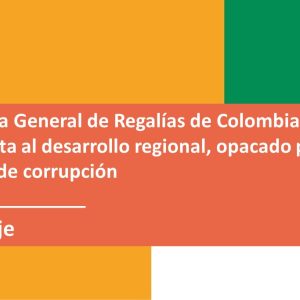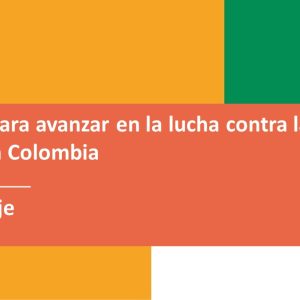OPEC warned Thursday that new, more contagious strains of covid, rising infections and a slow vaccination process could dampen economic recovery and global demand for crude by at least the first quarter of 2021.
World oil demand fell by a historic 9.8% in 2020, to 90 million barrels per day (mbd), and will only recover part of that decline this year, while economic uncertainty continues into the early stages of 2021.
The Organization of the Petroleum Exporting Countries (OPEC) estimates in its latest monthly report that the world burned an average of 90.01 mbd of crude oil, a slight rise of 20,000 barrels per day from estimates a month ago.
A partial recovery from the previous year’s drop of 5.9 mbd, equivalent to 6.5%, is forecast for 2021, the same figure as the previous month, although OPEC considers that economic storm clouds persist at the beginning of 2021.
ECONOMIC UNCERTAINTY
“While a strong global economic recovery in 2021 is highly likely, the depth and magnitude of the rebound remains uncertain,” OPEC analysts assess.
“New virus variants have emerged, there is still a considerable increase in infections – particularly in Western economies – and vaccination programs in large economies have gotten off to a slow start, factors that may dampen the recovery, at least in the first quarter,” they add.
Due to lingering shadows, OPEC has maintained its estimates for global economic growth in 2021 at 4.4 %, even though it believes there is more “upside potential”.
Major economies such as Germany, China, the United Kingdom and Japan have imposed new restrictions to contain new covid-19 strains, while the speed of vaccination programs remains disappointing.
In recent weeks, optimism about coronavirus vaccines seems to have lost steam in the face of negative news about the spread of the virus.
“Uncertainties remain high and the main downside risks are issues related to covid-19 containment measures and the impact of the pandemic on consumer behavior,” the report notes.
RECOVERY IN THE SECOND QUARTER
Nevertheless, OPEC believes that as time goes on, the vaccine will open a definitive revival of the world economy by the end of the second quarter and will gain momentum in the summer.
The accumulation of purchasing power from months of bull run and monetary stimulus will help this rebound, which in the northern hemisphere will coincide with the summer season, according to the report.
OPEC indicates that its forecasts for 2021 are based on “a vigorous recovery in economic activities, including industrial production, an improvement in the labor market and higher vehicle sales than in 2020”.
“Consequently, oil demand is expected to increase steadily this year, supported mainly by transportation and industrial fuels,” the group’s experts conclude.
WORLD PRODUCTION
Regarding oil supplies, OPEC’s competitors pumped an average of 62.69 mbd in 2020, a drop of 2.5 mbd due mainly to production declines in Russia, Canada and the United Kingdom. By 2021, they are estimated to produce an average of 63.53 mbd.
The volume of barrels the world demanded in 2020 from OPEC’s 13 members stood at 22.2 mbd this year, 7.1 mbd lower than in 2019, and is estimated to rise to 27.2 mbd in 2021, according to the report.
OPEC and a group of allies, led by Russia, decided last May to withdraw 9.7 mbd from the market to address the collapse in prices due to the coronavirus crisis.
This cut was moderated to 7.7 mbd in August and eased again in January by 0.5 mbd to 7.2 mbd. In February, the cut was planned to be reduced by another half a million barrels, but the spread of contagions and new restrictions in many countries curtailed this possibility.
After marathon negotiations, the energy ministers of OPEC+, the alliance between the organization’s thirteen partners and ten allied producers, agreed on January 5 to reduce their supply by more than 900,000 mbd, although this was only due to unilateral and voluntary action by Saudi Arabia.
Riyadh will turn off its taps by 1 million barrels per day during February and March, months in which it will pump 8.25 mbd, while Russia and Kazakhstan increase their withdrawals by 65,000 and 10,000 barrels per day, respectively.
The price of OPEC’s reference barrel traded yesterday, Wednesday, at 55.81 dollars, in the midst of a clear upward trend since the beginning of November, with a cumulative rise of 55.5%, or almost 20 dollars.


